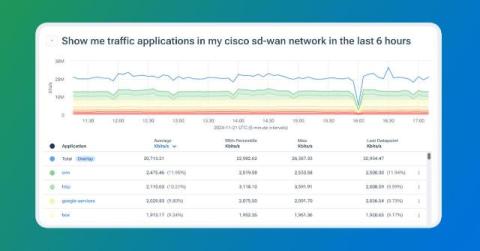SSL Monitoring, Trust, and McLOVIN
The recent ServiceNow Secure Sockets Layer (SSL) certificate error disrupted operations for hundreds of organizations causing widespread connectivity failures. IT operations stalled, developers hit roadblocks, and businesses across industries felt the impact. The culprit? An expired SSL certificate. While these disruptions highlight the importance of SSL monitoring, they point to a deeper issue: trust.











